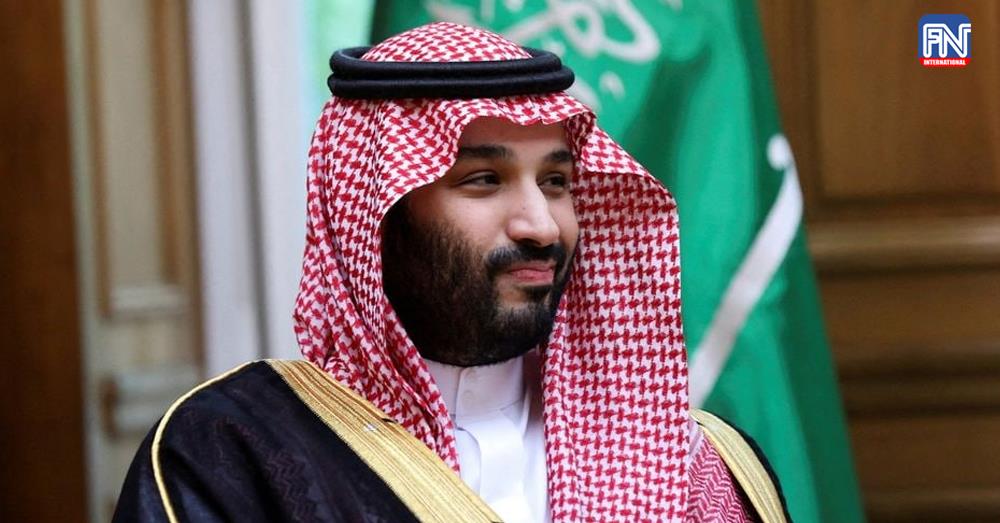RIYADH, Sept 27 (Reuters) - Saudi Arabia's King Salman bin Abdulaziz named his son and heir Crown Prince Mohammed bin Salman as the kingdom's prime minister and his second son Prince Khalid as defence minister, a royal decree showed on Tuesday.
The reshuffle kept another son, Prince Abdulaziz bin Salman, as energy minister, the aged king said in the royal decree, carried by state news agency SPA.
Foreign Minister Prince Faisal bin Farhan Al Saud, Finance Minister Mohammed al-Jadaan and Investment Minister Khalid al-Falih remain in their positions, the decree showed.
The crown prince, known as MbS, is promoted from defence minister and has been the de facto ruler of Saudi Arabia, the world's biggest oil exporter and a major U.S. ally in the Middle East.
His new role as prime minister is in line with the king's previous delegation of duties to him, including representing the kingdom on foreign visits and chairing summits hosted by the kingdom, a Saudi official said.
"HRH the crown prince, based on the king's orders, already supervises the main executive bodies of the state on a daily basis, and his new role as prime minister is within that context," said the official, who declined to be identified.
Historically, such delegation of duties has taken place in the kingdom several times, the official said.
Prince Khalid bin Salman, MbS's younger brother, previously served as deputy defence minister.
The crown prince said the kingdom has increased its self-sufficiency in military industries to 15% from 2% and plans to reach 50% under the newly appointed defence minister, SPA reported.
King Salman will still preside over the Cabinet meetings he attends, the decree showed. After the decree was made, state TV showed the king chairing a weekly cabinet meeting.
The 86-year-old king, the custodian of Islam's holiest sites, became ruler in 2015 after spending over 2-1/2 years as crown prince. He has been hospitalised several times over the past two years for various ailments.
Crown Prince Mohammed has changed Saudi Arabia radically since rising to power in 2017, leading efforts to diversify the economy from its dependence on oil, allowing women to drive and curbing clerics' powers.
His reforms, however, have come with a crackdown on dissent, with activists, royals, women rights' activists and businessmen jailed.
The killing of journalist Jamal Khashoggi in the kingdom's consulate in Istanbul in 2018 has tarnished his reputation and strained the kingdom's relations with the United States and other Western allies.
